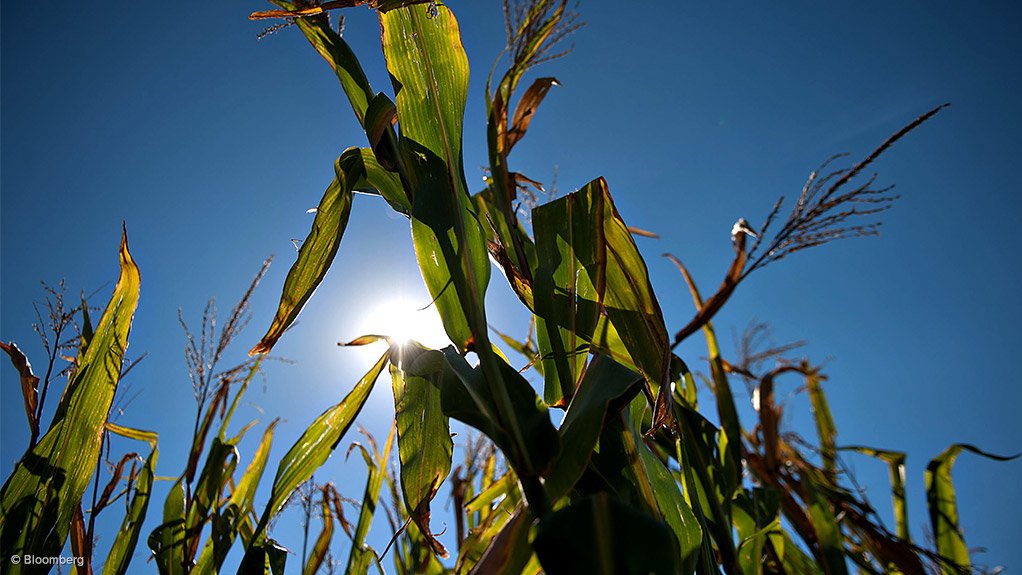The Land Bank Insurance Company has announced that it will expand its pilot product “index insurance” by introducing Area-Yield Index Insurance (AYII)
This offering is designed to safeguard farmers against significant crop yield losses caused by widespread climatic and environmental risks.
The AYII is a seasonal insurance solution that compensates farmers when actual crop yields in a defined district fall below the district’s historical average, which will help address systematic risks such as drought, floods and pest outbreaks, which can affect large areas and many farmers.
The new product complements the company’s pioneering Pasture Drought Index Insurance (PDII), which was launched last year.
While the PDII targets livestock farmers by protecting them against the financial impacts of drought on grazing conditions, the new AYII product is tailored for crop farmers cultivating maize and soya beans in selected provinces.
Land Bank Insurance Company developed the AYII together with the International Finance Corporation (IFC) and CelsiusPro, the latter assisting private and public organisations globally with understanding and mitigating the financial impact of climate risks.
The IFC provided advisory support through its Africa Inclusive Insurance Programme, which aims to increase access to climate and other inclusive insurance products for farmers and small businesses in Africa.
Unlike traditional crop insurance, AYII eliminates the need for individual farm assessments. Instead, payouts are determined using official area-level yield data by the Directorate of Agricultural Statistics and Economic Analysis of the Department of Agriculture.
Claims will be processed automatically within 30 days of data release, removing the need for farmers to submit claims notifications.
The AYII will be rolled out initially to smallholder maize farmers in KwaZulu-Natal, Free State, Mpumalanga and North West, as well as smallholder soya bean farmers in the same provinces, including Limpopo.
Notably, the company assures the pay-outs will be based on verified district yield data and that it ensures reduced administrative costs for smallholder farmers. ![]()






